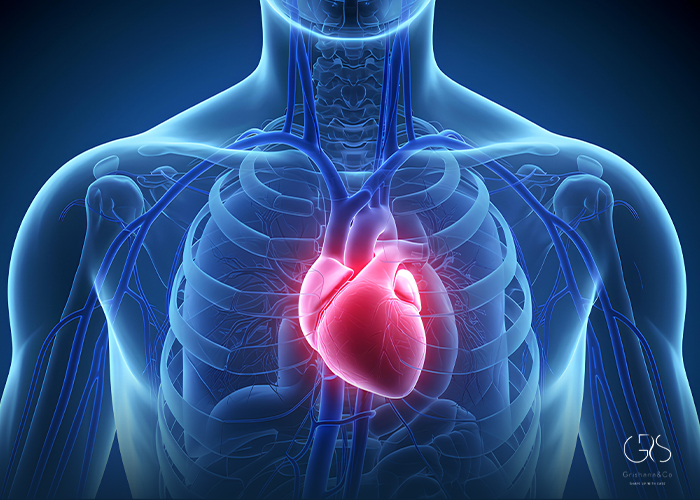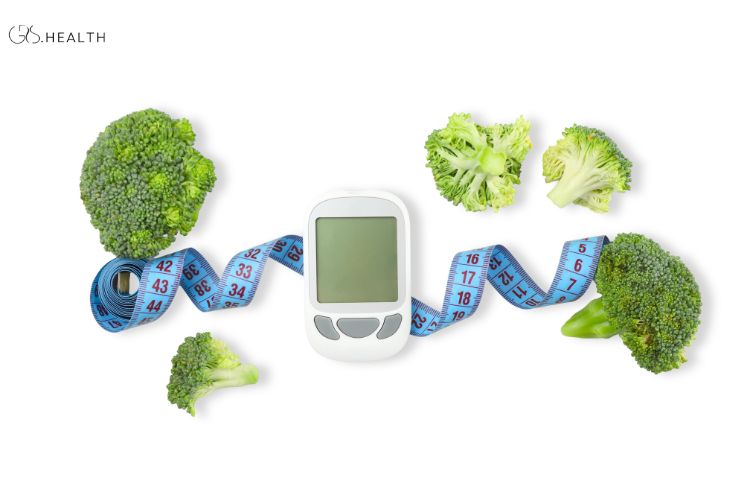Sinus syndrome, also known as sick sinus syndrome, is a condition that affects the normal functioning of the heart’s natural pacemaker. This disorder can manifest through various symptoms, including chest pain, dizziness, and fatigue. In this comprehensive article, we will delve into a detailed exploration of sinus syndrome symptoms, providing statistics and diverse perspectives to offer a well-rounded understanding of this condition.
1.Chest Pain:
One of the prominent symptoms of sinus syndrome is chest pain. The pain may vary in intensity and duration, and individuals may describe it as a dull, squeezing, or tight sensation. It is crucial to recognize chest pain as a potential symptom of sinus syndrome and seek medical attention promptly.

2.Dizziness:
Dizziness is another common symptom associated with sinus syndrome. Individuals may experience lightheadedness or a sensation of spinning or unsteadiness. This symptom can significantly impact daily activities and increase the risk of falls or accidents.
3.Fatigue:
Fatigue, or extreme tiredness, is frequently reported by individuals with sinus syndrome. The underlying irregular heart rhythm can disrupt the proper blood flow, leading to reduced oxygen supply to the body’s organs and tissues. This can result in persistent fatigue and decreased energy levels.

4.Palpitations:
Sinus syndrome can lead to irregular heartbeats or palpitations. Some individuals may experience skipped heartbeats, rapid heart rate, or a pounding sensation in their chest. These palpitations may come and go irregularly, causing anxiety and further exacerbating the symptoms.
5.Shortness of Breath:
Sinus syndrome can also cause shortness of breath, especially during physical exertion or periods of increased heart rate. This occurs due to the heart’s inability to pump sufficient oxygenated blood to the body. Individuals may feel breathless, struggle to catch their breath, or experience chest tightness.
6.Fainting:
Fainting, or syncope, can be a severe symptom of sinus syndrome. It occurs when there is a temporary halt or a significant drop in the heart’s electrical activity. This can lead to a sudden loss of consciousness and may require immediate medical attention.

7.Confusion or Disorientation:
In some cases, sinus syndrome can cause confusion or disorientation. The irregular heart rhythm can affect the brain’s blood supply, leading to cognitive difficulties such as difficulty in concentrating, memory problems, or feeling disoriented in familiar surroundings.
8.Statistics:
To understand the prevalence and impact of sinus syndrome, let us consider some relevant statistics:
- According to the American Heart Association, sinus syndrome affects approximately 1 in 600 individuals .
- A study published in the Journal of the American College of Cardiology found that fatigue is a common symptom reported by 45% of individuals diagnosed with sinus syndrome .
- Chest pain is reported in approximately 15-25% of sinus syndrome cases .
- A report from Mayo Clinic states that syncope (fainting) occurs in approximately 30-50% of individuals with advanced sinus syndrome .
Conclusion:
Sinus syndrome symptoms encompass a range of manifestations, including chest pain, dizziness, fatigue, palpitations, shortness of breath, fainting, and confusion. It is crucial for individuals experiencing these symptoms to seek medical evaluation for proper diagnosis and treatment. By understanding the statistics and diverse perspectives surrounding sinus syndrome, we can raise awareness and encourage proactive healthcare management for those affected by this condition.
Sources
- Mayo Clinic, Sick Sinus Syndrome
- Journal of the American College of Cardiology, sinus syndrome
- National Institutes of Health (NIH, Sick Sinus Syndrome










